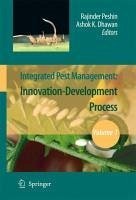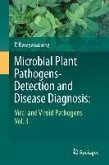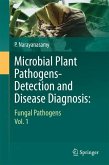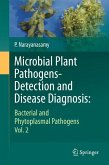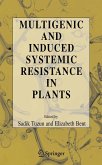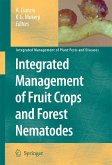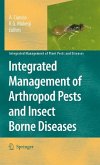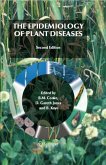The book covers the recognition of the problems of dysfunctional and indirect economic and environmental consequences of pesticide use in agriculture, through research and development of different IPM tactics. Written by an interdisciplinary team of experts from entomology, plant pathology, plant breeding, plant physiology, biochemistry, and extension education covering externalities of pesticide use, pest outbreaks, threshold theory, host plant resistance, crop plant manipulation, biological control, behavioral-modifying techniques, botanicals, and non-pesticide pest management. An excellent source of advanced study material for academics, researchers and students, elucidating the underlying concepts of the IPM development process.
Dieser Download kann aus rechtlichen Gründen nur mit Rechnungsadresse in A, B, BG, CY, CZ, D, DK, EW, E, FIN, F, GR, HR, H, IRL, I, LT, L, LR, M, NL, PL, P, R, S, SLO, SK ausgeliefert werden.

